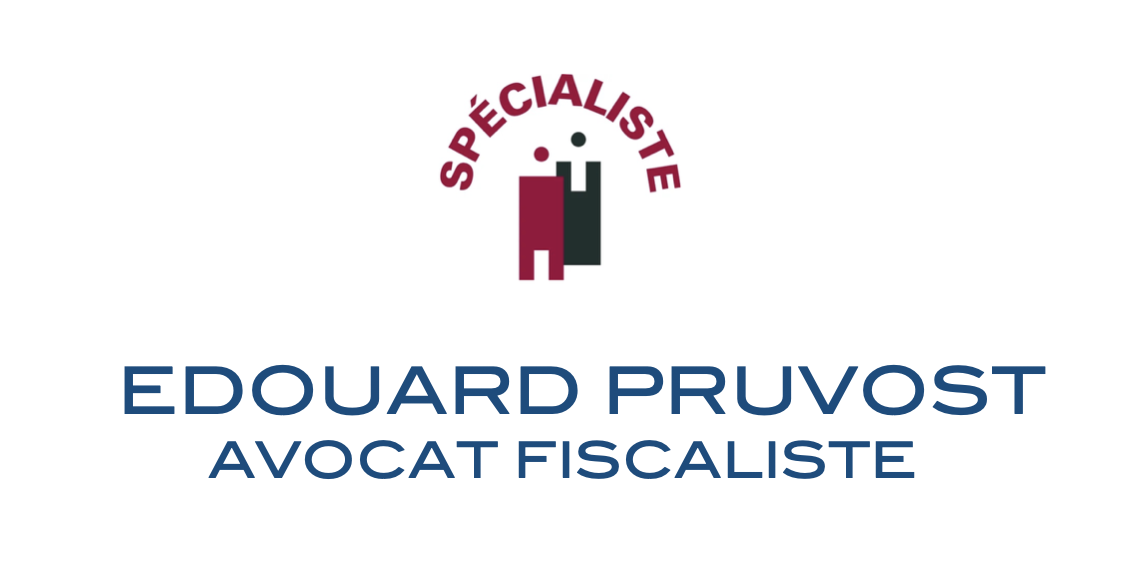Taxation of overseas departments (DOM)
France is composed of numerous territories located around the world. In addition to Metropolitan France and overseas territories, there are the Overseas Departments (DOM), which number five: Guadeloupe, Martinique, Guyane (French Guiana), Mayotte, and Réunion.
Tax legislation has aimed to take into account the specificities of these territories by implementing various specific rules.
We will review the main tax specificities of these DOM.
Income Tax Reduction
Although it has been recently reduced, taxpayers domiciled in a DOM still benefit from an income tax reduction, provided for in Article 197 of the General Tax Code (hereinafter CGI). The text states that this reduction amounts to “30%, up to €2,450, for taxpayers domiciled in the departments of Guadeloupe, Martinique, and Réunion; this reduction is equal to 40%, up to €4,050, for taxpayers domiciled in the departments of Guyane and Mayotte.” This reduction applies to anyone subject to income tax, including businesses subject to Industrial and Commercial Profits (BIC), Non-Commercial Profits (BNC), and Agricultural Profits (BA).
Value Added Tax (VAT)
Preliminarily, it should be noted that VAT is temporarily not applicable in Mayotte and French Guiana.
Concerning the other three DOM, the normal VAT rate is set at 8.5%, compared to 20% for the metropolitan territory. In addition to this normal rate, there is a reduced rate of 2.1%, as well as special rates of 1.75% for sales of live butcher animals to non-taxable persons, and 1.05% for certain shows and press activities.
Besides these different rates, the DOM benefit from specific VAT exemptions. For example, we can mention the maritime transport of people and goods or the importation of certain equipment for the hotel and tourism industry.
Real Estate Investment Tax Benefits
Some tax benefit mechanisms apply to companies subject to corporate income tax (IS), while others apply to individuals.
For IS companies
The most commonly used mechanism is Girardin IS, provided for in Article 217 undecies of the CGI. It allows companies to deduct in a single installment the expenses related to the acquisition or construction of a new building for rental use. This mechanism is subject to several conditions related to the company and rental conditions. This measure also concerns all productive investments.
Schematically, this mechanism allows companies with available cash to acquire a rental property and deduct the cost of this acquisition directly in one go. This property can then be depreciated by the company, allowing it to build real estate assets while reducing its tax result.
There is also a tax credit for companies subject to IS provided for in Article 244 quater X in case of investments in social housing located in the DOM.
For reductions for individuals
Legislation has extended the Pinel system to the DOM-TOM by granting more favorable tax benefits. This mechanism allows for a tax reduction in the case of real estate investment, subject to a commitment to lease for a duration that can vary between 6 and 12 years. When the Pinel investment is made in a DOM, the tax reductions are higher, ranging from 23% to 32% depending on the commitment period, compared to 12% to 21% in Metropolitan France. In addition, the cap on tax niches is also higher, standing at €18,000. This system is subject to several conditions and limits.
Customs Specificity: Octroi de Mer
This specific customs duty applies to all five DOM. It concerns the importation of goods (External Octroi de Mer) and the delivery of goods for consideration by persons engaged in production activities (Internal Octroi de Mer). The rate of this specific customs duty varies depending on the department and the products concerned. There are also exemptions for the goods themselves or based on the company’s turnover.
